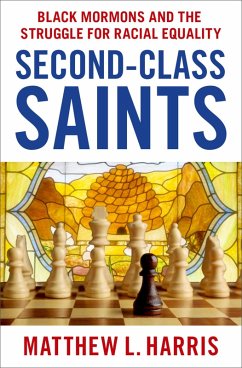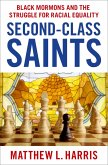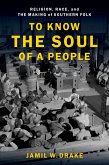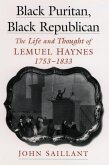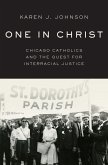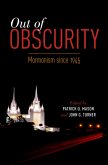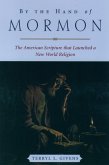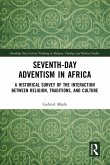An in-depth account--grounded in new archival discoveries--of the most consequential development in Mormon history since the end of polygamy On June 9, 1978, the phones at the headquarters of the Church of Jesus Christ of Latter-day Saints (LDS) were ringing nonstop. Word began to spread that a momentous change in church policy had been announced and everyone wanted to know: was it true? The answer would have profound implications for the church and American society more broadly. On that historic day, LDS church president Spencer W. Kimball announced a revelation lifting the church's 126-year-old ban barring Black people from the priesthood and Mormon temples. It was the most significant change in LDS doctrine since the end of polygamy almost 100 years earlier. Drawing on never-before-seen private papers of LDS apostles and church presidents, including Spencer W. Kimball, Matthew L. Harris probes the plot twists and turns, the near-misses and paths not taken, of this incredible story. While the notion that Kimball received a revelation might imply a sudden command from God, Harris shows that a variety of factors motivated Kimball and other church leaders to reconsider the ban, including the civil rights movement, which placed LDS racial policies and practices under a glaring spotlight, perceptions of racism that dogged the church and its leaders, and Kimball's own growing sense that the ban was morally wrong. Harris also shows that the lifting of the ban was hardly a panacea. The church's failure to confront and condemn its racial theology in the decades after the 1978 revelation stifled their efforts to reach Black communities and made Black members the target of racism in LDS meetinghouses. Vigilant members pestered church leaders to repudiate their anti-Black theology, forcing them to live up to the creed in Mormon scripture that "all are alike unto God." Deeply informed, engagingly written, and grounded in deep archival research, Harris provides a compelling and detailed account of how Mormon leaders lifted the priesthood and temple ban, then came to reckon with the church's controversial racial heritage.
Dieser Download kann aus rechtlichen Gründen nur mit Rechnungsadresse in A, B, BG, CY, CZ, D, DK, EW, E, FIN, F, GR, HR, H, IRL, I, LT, L, LR, M, NL, PL, P, R, S, SLO, SK ausgeliefert werden.
Hinweis: Dieser Artikel kann nur an eine deutsche Lieferadresse ausgeliefert werden.

